|
|
|
Your weekly dose of evidence
|
|
It seems like every other week we're told something increases or decreases our risk of cancer; it's easy to turn off and ignore these headlines. But a study published in JAMA Internal Medicine this week caught our attention. It found people who consumed more organic foods had lower rates of cancer – particular, lymphoma and postmenopausal breast cancer.
We asked nutrition expert Rosemary Stanton to explain the research and help us interpret the findings. The problem is, she says, people who consume more organic foods are healthier, wealthier and better educated, all factors known to impact the risk of cancer. So it's impossible to tell if the absence of pesticides caused the decreased risk, or healthier lifestyles.
But there's good evidence to show that eating plenty of fruit, vegetables and whole grains – however they’re grown – can decrease your risk of cancer.
|
Fron Jackson-Webb
Deputy Editor/Senior Health + Medicine Editor
|

|
|
|
|

The science isn’t clear on whether organic foods can lower your risk of cancer. But eating plenty of fruit and veg – however it’s grown – can reduce your risk.
Rosemary Stanton, UNSW
The participants who chose more organically grown foods over 4.5 years had slightly lower rates of cancer. But it doesn't necessarily mean one thing caused the other.
|
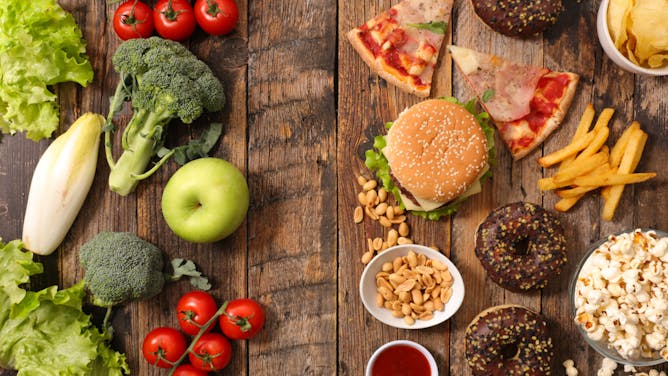
Far too much of Australians’ diet comes from foods that have virtually no nutrients.
from shutterstock.com
Rebecca Golley, Flinders University
A report from the Australian Institute of Health and Welfare shows we're eating less junk food than before, but still far too much.
|
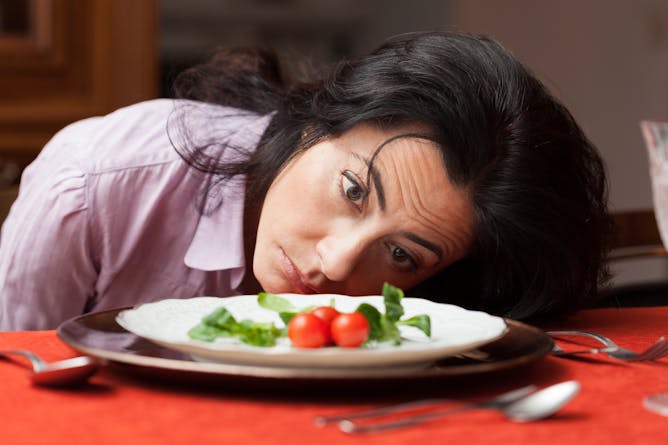
You might lose weight in the short term but fad diets are impossible to sustain.
saltodemata/shutterstock
Clare Collins, University of Newcastle; Lee Ashton, University of Newcastle; Rebecca Williams, University of Newcastle
Diets that promise drastic results with minimal effort, or that ban whole food groups, should ring alarm bells.
|
From the archives
|

Emil Jeyaratnam, The Conversation; Sasha Petrova, The Conversation
This body map brings together evidence on proven cancer causes. Using credible, scientific sources it answers questions about whether alcohol, red meat or sun exposure increase your cancer risk.
| |
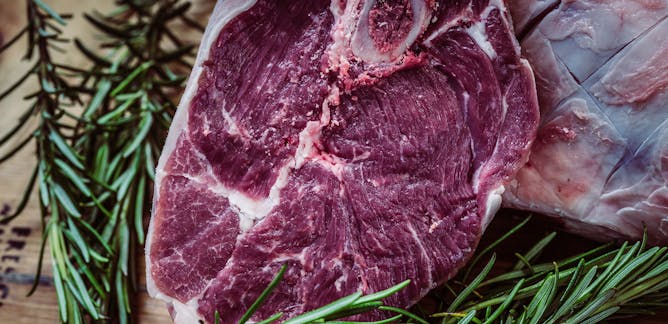
Leah Dowling, Swinburne University of Technology; Louise Dunn, Swinburne University of Technology
Farming methods may have a small impact on the nutritional profile of some red meats, but it's unlikely to make a difference to our health.
|
|
|
Aged care reform
|
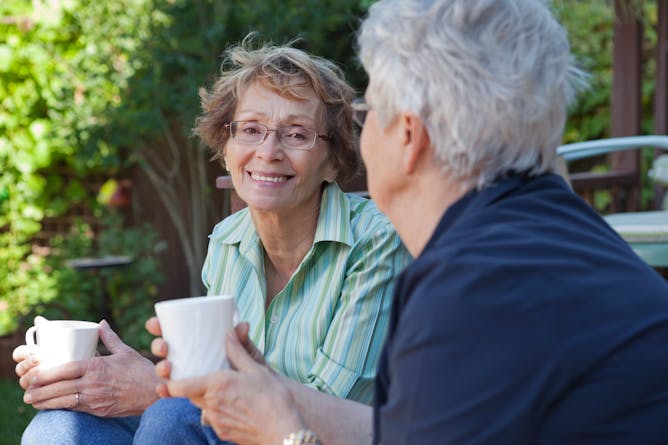
Social connections help retain a sense of purpose in older age.
from shutterstock.com
Joseph Ibrahim, Monash University
The Conversation asked readers how they would want a loved one to be cared for in a residential aged care facility. What they said was similar to what surveys around the world have consistently found.
|

Around 60% of aged care residents require more than four hours of care per day.
Shutterstock
Julie Henderson, Flinders University; Eileen Willis, Flinders University
The biggest system failure in aged care is staffing. We don't need to wait until the royal commission is over to fix it – this can be done now.
|
Expert answers to serious, weird and wacky questions
|

Giles Johnson, University of Manchester
Dropping leaves might seem like a waste, but plants are actually saving nutrients.
| |

Anne Tiedemann, University of Sydney; Cathie Sherrington, University of Sydney
It's never too late to start exercising, and age isn't a reason to stop either.
|
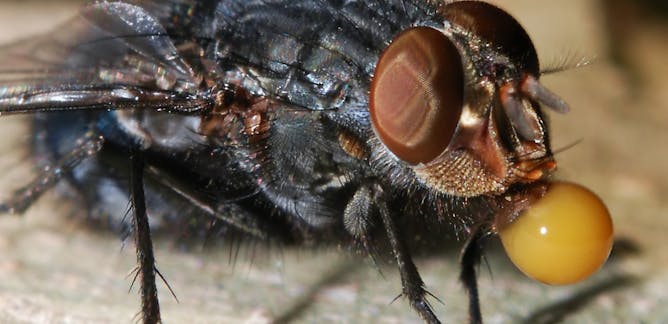
David Yeates, CSIRO; Bryan Lessard, CSIRO
Bush flies and blowflies all vomit on their food, but other flies are a little more polite at the dinner table and don’t vomit at all.
| |
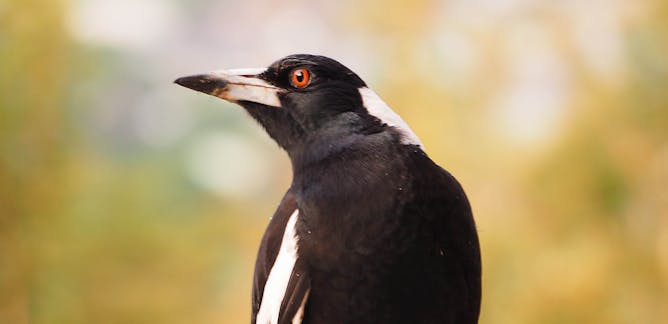
Gisela Kaplan, University of New England
Like reptiles, birds do not have two separate exits from the body. They have one, called the cloaca. It is quite similar to the human anus but the cloaca expels both indigestible bits and toxins.
|
|
|
|
|
| |
Featured jobs
|

|
Griffith University — Mount Gravatt, Queensland
|

|
RMIT University — Melbourne, Victoria
|

|
University of Melbourne — Parkville, Victoria
|

|
The University of Newcastle — Newcastle, New South Wales
|
|
|
|
| |
| |
| |

|
| |
| |
| |
Featured events
|

|
Melbourne Convention and Exhibition Centre (MCEC) 1 Convention Centre Place , South Wharf, Victoria, 3000, Australia — The Conversation
|

|
The University of Sydney, Sydney, New South Wales, 2006, Australia — University of Sydney
|

|
Hilton Hotel - Brisbane; Mural Hall - Melbourne; Doltone House Hyde Park - Sydney; National Museum of Australia - Canberra, Brisbane, Melbourne, Sydney, Canberra, New South Wales, 2000, Australia — The Institute of Managers and Leaders
|

|
The Sofitel Arthur Streeton Auditorium, 25 Collins Street, Melbourne, Victoria, 3000, Australia — La Trobe University
|
|
|
|
| |
| |
| |
| |
| |
|
|
|
|
|
|
|